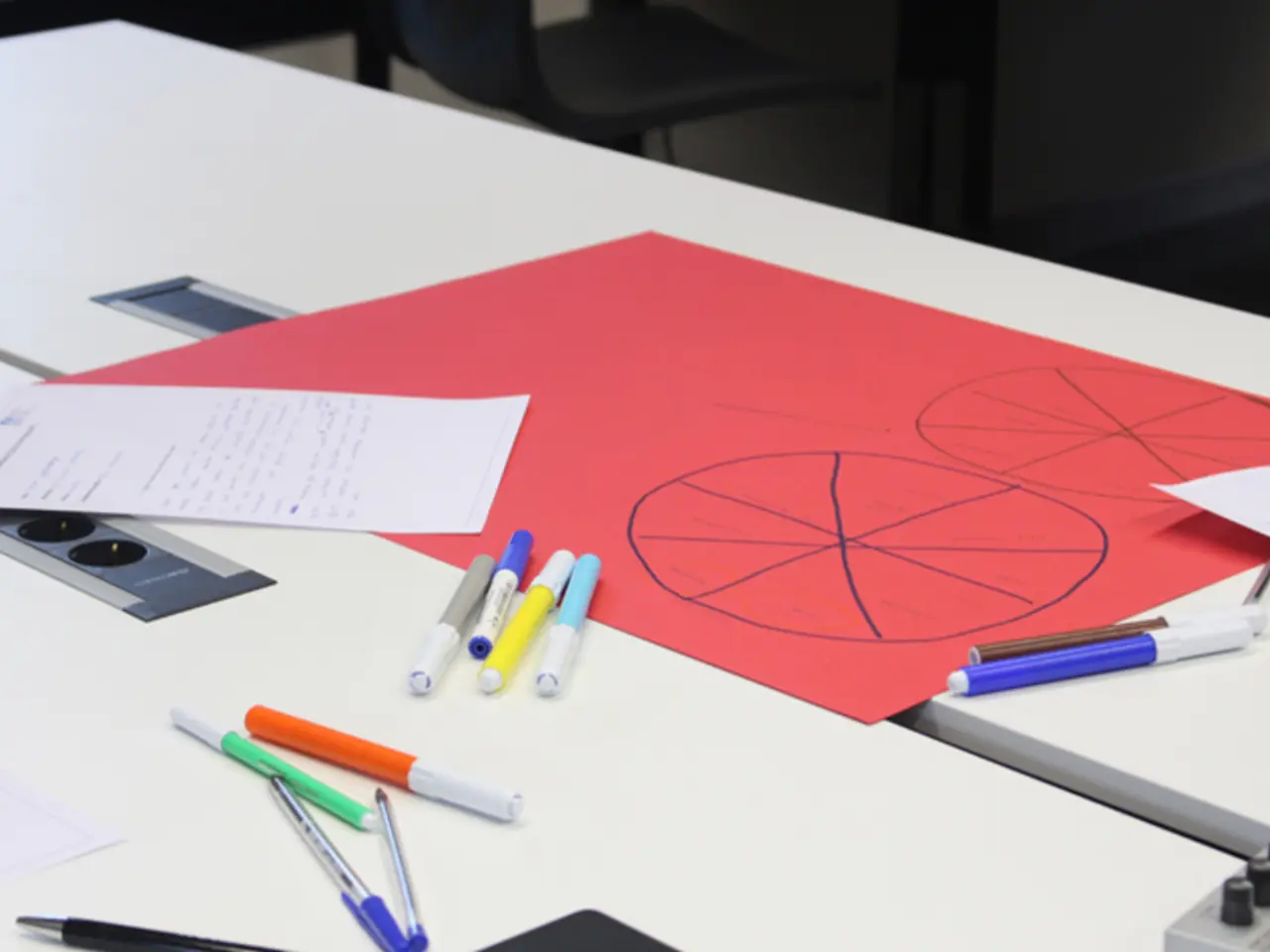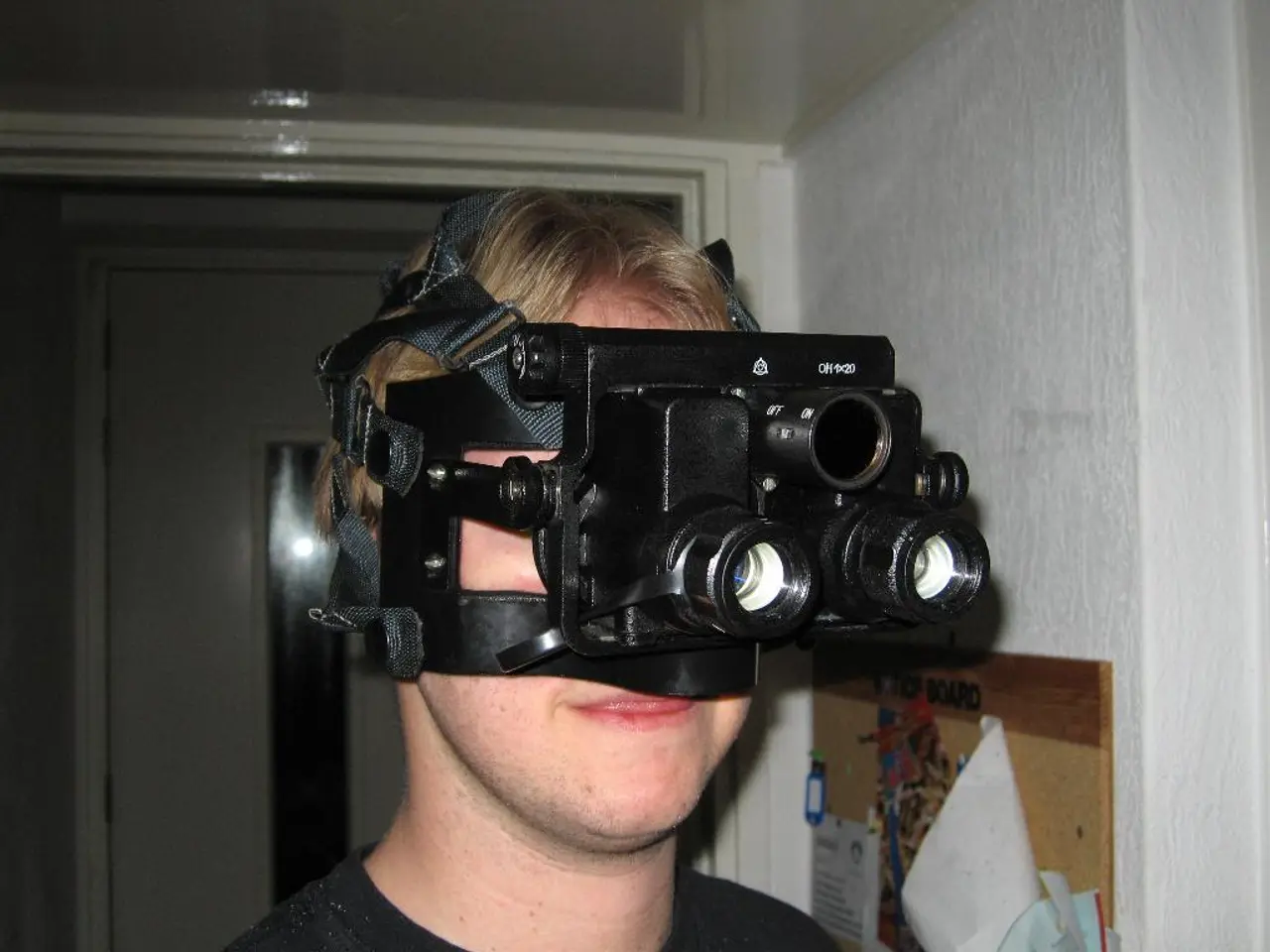Duration of a Legitimate IQ Test: Examining the Time Requirement
IQ tests, professionally administered by psychologists, are a common tool used to measure an individual's intellectual ability. These tests, while typically lasting between 1.5 to 2 hours, can vary in duration due to several factors.
Firstly, it's important to note that breaks are allowed and encouraged during an IQ test, and their length and frequency can be discussed with the psychologist. The duration of an IQ test can also be influenced by the specific test being used, such as the Wechsler Adult Intelligence Scale (WAIS), Stanford-Binet Intelligence Scales, or Raven's Progressive Matrices, each of which has a unique structure and subtests that impact overall duration.
For instance, the WISC-V (Wechsler Intelligence Scale for Children, 5th Edition) and the Stanford-Binet 5 typically require 45 to 75 minutes for administration, while the WAIS, a commonly used adult IQ test, usually takes 60 to 90 minutes for the core subtests. Other tests like Raven's Progressive Matrices or Kaufman Assessments can take anywhere from 30 to 70 minutes.
However, it's crucial to remember that these times refer to the IQ test component itself. A full psychological evaluation, which may include IQ testing, interviews, additional cognitive or behavioral assessments, and report preparation, can take several hours or even multiple sessions over days.
IQ tests can be administered individually or in a group setting. Individual tests take longer due to personalized guidance and observation. Accurate timing is crucial in an IQ test to ensure validity and reliability, and to monitor performance and cognitive speed.
Preparation for an IQ test is also essential. This includes familiarizing oneself with the test format, getting enough sleep, eating a healthy meal, managing anxiety, developing time management strategies, and practicing relaxation techniques.
Factors such as the test-taker's processing speed, language barriers, and learning disabilities can cause an IQ test to take longer than the average 1.5 to 2 hours. The psychologist may choose to administer additional supplemental subtests or conduct further assessments to gain a more complete understanding of the individual's cognitive profile.
Other common IQ tests, like the Differential Ability Scales (DAS) and the Woodcock-Johnson Tests of Cognitive Abilities, typically fall within a range of 30 to 90 minutes. Individual pace and performance can affect the time taken to complete an IQ test, with some individuals completing tests faster or slower than others.
It's also worth noting that online IQ tests often lack the rigor and standardization of professionally administered tests, making their results questionable and unreliable. Accurate results rely on a combination of factors beyond just the test duration, including the standardization of the test, the expertise of the examiner, and the test-taker's level of motivation and cooperation.
In summary, while a standard IQ test session administered by a psychologist typically takes about 1 to 1.5 hours, it's essential to remember that this could be part of a longer, more comprehensive evaluation. Proper preparation, such as ensuring you are well-rested and adequately nourished, understanding the purpose of the test, and familiarizing yourself with the general types of questions, can contribute to the efficiency and accuracy of an IQ test.
Science plays a significant role in the development of IQ tests, as psychologists use these tools to study and understand intellectual abilities in education and self-development. The Wechsler Adult Intelligence Scale (WAIS), Stanford-Binet Intelligence Scales, and Raven's Progressive Matrices are examples of various IQ tests inspired by scientific research, each with unique structures and subtests that influence their duration.




